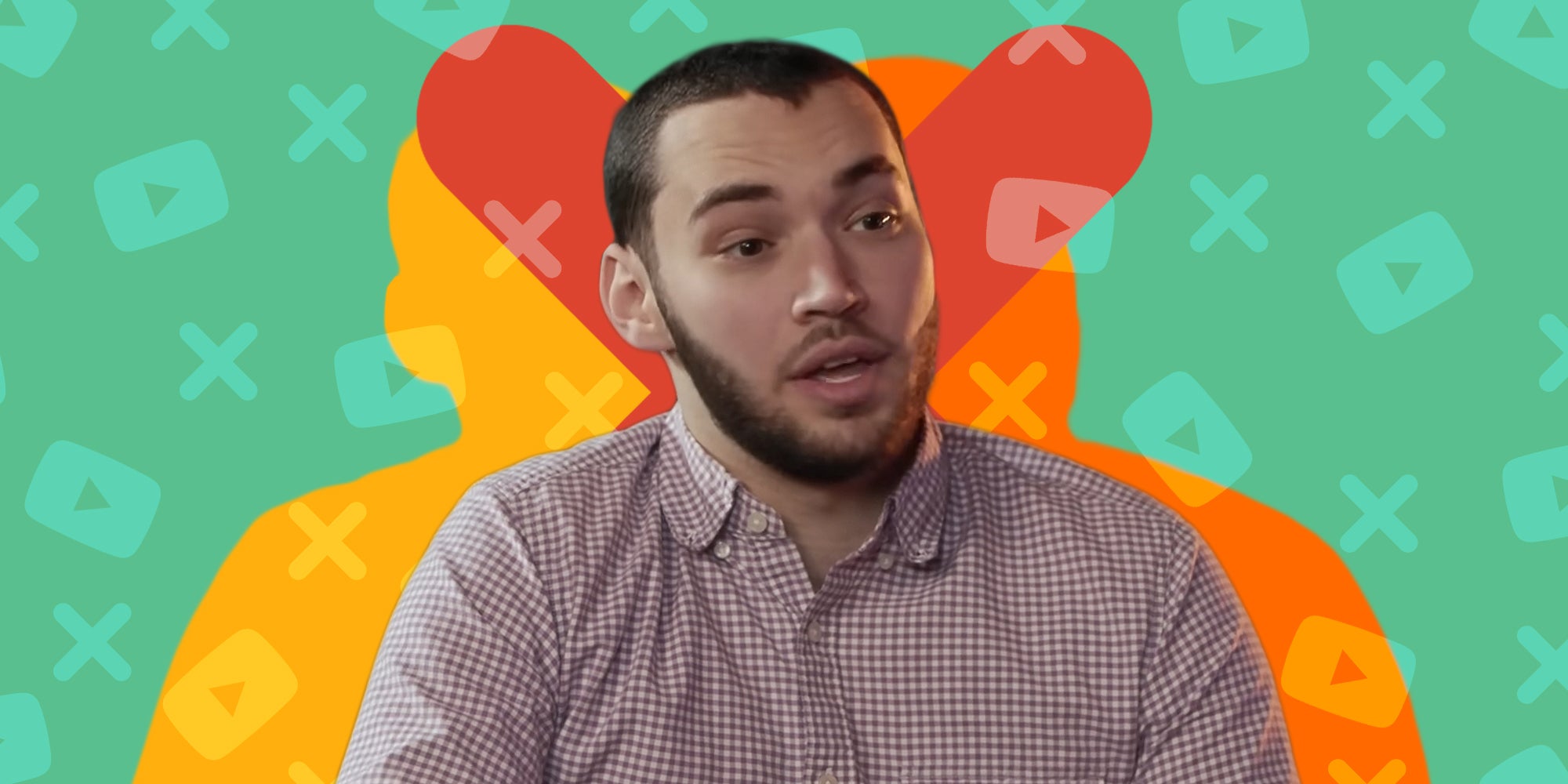
Analysis
On Monday, Call of Duty streamer Futives revealed on Twitter that he had received a copyright strike on a million-view video on his one-million-subscriber YouTube channel. The video in question featured Kick streamer and edgelord supreme Adin Ross playing Call of Duty against Futives and getting his ass handed to him, switching between clips of Adin’s and Futives’ streams with heavily stylized edits.
According to Futives in the Twitter comments, the video had been hit with a strike in April 2023 but he had just “thought about it and frowned.” Deciding to share it this week, Futives’ tweet was viewed 8.8 million times (if Twitter’s metrics are to be believed) and within two hours of the tweet going up, the claim had been removed by YouTube.
Copyright striking is considered one of the few cardinal sins of being a content creator. Anyone that feels that their content is being used illegally or without their permission can issue a claim on any channel. But you can go one step further and push the issue to give a copyright strike, allowing the striker to gain revenue from the video or banning the video in multiple different countries. If a channel receives multiple copyright strikes it can lead to a channel losing the ability to live stream or monetize. After three copyright strikes, a channel is terminated.
Futives’ video was striked by Thumb Media, who has worked on behalf of Ross multiple times in the past. The company, based in Portugal, issues copyright claims on behalf of content creators. Targets include any video that features any amount of original content or clips from the streamers it helps.
Alongside Ross, the company has also been striking videos on behalf of Darren Watkins Jr, known as iShowSpeed to his 10 million YouTube subscribers. In February, after working with Thumb Media to claim videos on dozens of creators, Watkins Jr. admitted to being behind the claims in a Short on his secondary channel.
On April 22, the YouTube channel Internet Anarchist tweeted the company had issued a copyright strike on a video that used a clip from Ross’ stream, writing that “the revenue from this video was almost life-changing money for” him.
In response on April 30, Ross showed Internet Anarchists’ tweet on stream, falsely claiming that he was Hasan Piker’s “head moderator” and saying, “We stole $8,000 from him, W!” Both Piker and Internet Anarchist spoke out saying they do not work together in any capacity. Then, on May 1, the claim was removed.
Piker replied in his own tweet, claiming that Ross had also “false striked” him. He also mentioned on a May 1 stream that he would “personally pay the legal fees” of anyone who is suing Ross.
Other creators have also shared that they were falsely struck by Thumb Media, including commentators Optimus and Scarce. “There’s definitely been an abuse of YouTube’s copyright system here,” Scarce said in an April 29 video.
Ross doesn’t seem to care about much these days. He’s become a devout believer in misogynist Andrew Tate and his relevance has only been on the decline since he moved over to streaming on crypto-gambling-funded streaming site Kick.
He doesn’t need the thousands of dollars taken in ad revenue (he’s already a millionaire), but seems to just revel in the joy of screwing people over. But when enough people find out about this bad behavior, he often immediately folds and removes the claim.
Copyright claims can be used to hold a channel hostage or extort them. YouTuber Mike Fleischauer, who runs the 200,000-subscriber GamesFromScratch channel that teaches game development, told Insider that a stranger was copyright striking one of their videos and said they would stop in exchange for $50 in bitcoin.
Placing erroneous content claims is against YouTube’s terms of service but the company only sometimes takes action. In 2019, user Christopher Bradley was sued by YouTube and then settled out of court for attempting to extort Minecraft YouTubers with strikes. “We regularly terminate accounts of those that misuse our copyright system,” a YouTube spokesperson told Tubefilter at the time.
But these larger creators using companies with content ID systems rarely seem to face any justice from the company. The only times these claims seem to get resolved is if a big enough stink is made on social media—and where does that leave smaller creators, who may not have the following to attract viral attention?
YouTube’s copyright system benefits Google since the less involvement they have in arbitrating copyright issues, the less culpability they have. It’s easier to just push the problem along to those fighting it out, eventually ending in a lawsuit or courtroom.
Ross hasn’t been claiming as many videos in May as in April, but who knows what the future holds. His erratic and often disturbing behavior has earned him an audience but made him extremely unpredictable. Either way, the community will continue to call out any claims he issues, whether he cares or not.




